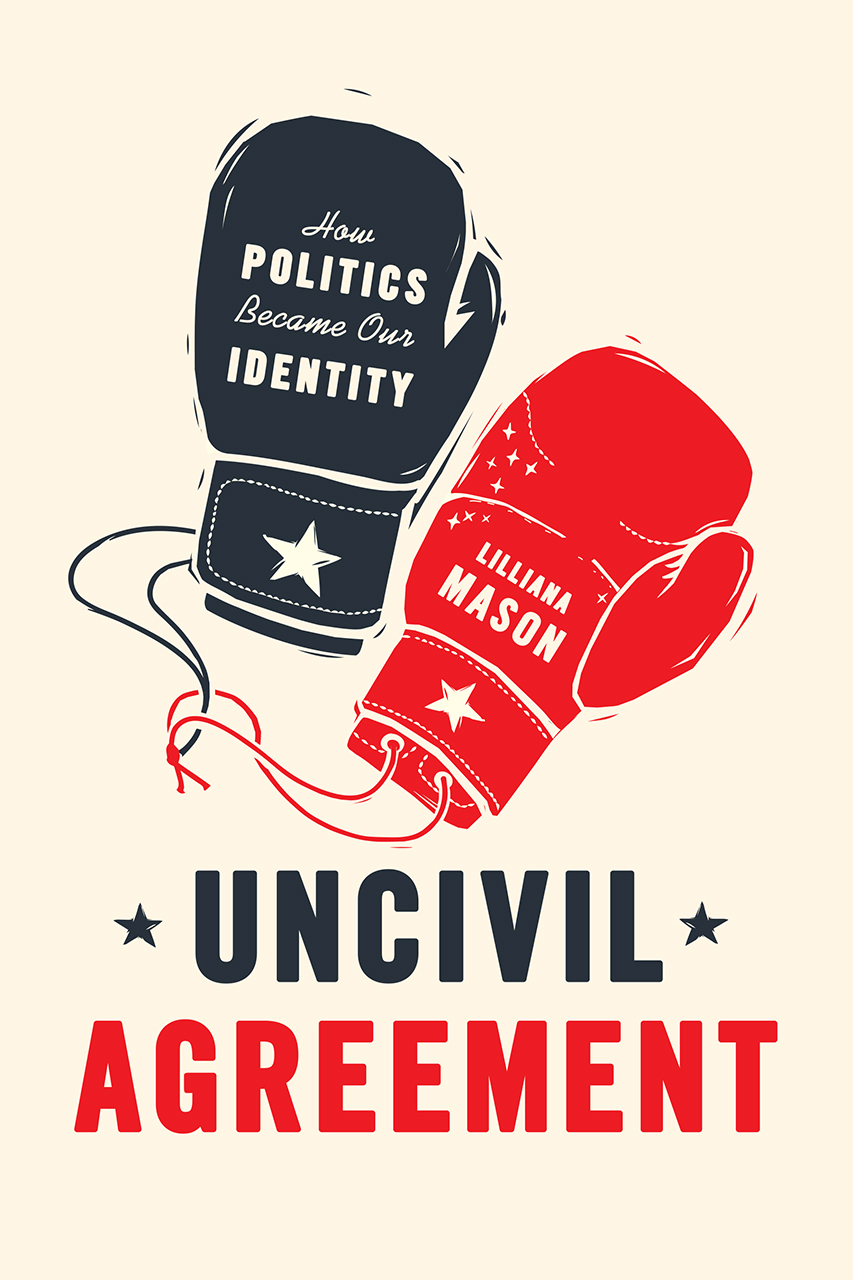Analyzing today’s partisan divide has become a sort of cottage industry among scholars. And that’s a good thing, since the more insight we have into the problem, the sooner we’ll fix it.

Our last post reported on recent research indicating that Americans generally misperceive those on the other side of the partisan divide, that Republicans and Democrats alike misunderstand each other. Partisans are not simply further apart than before; they no longer even understand one another. And that may be creating a vicious, uncivil circle.
Last year a book was published that may go a long way toward explaining how that vicious circle began and why it continues. If the cover of Lilliana Mason’s new book, Uncivil Agreement, is arresting, it’s easy to see why the contents led one reviewer to call the book “sobering”. According to the book’s cover:
For the first time in more than twenty years, research has shown that members of both parties hold strongly unfavorable views of their opponents. This is polarization rooted in social identity, and it is growing. Mason . . . argues that group identifications have changed the way we think and feel about ourselves and our opponents. Even when Democrats and Republicans can agree on policy outcomes, they tend to view one other with distrust and to work for party victory over all else. Although the polarizing effects of social divisions have simplified our electoral choices and increased political engagement, they have not been a force that is, on balance, helpful for American democracy.
If Mason is right, social identity has now displaced policy preference as a source of partisanship; it has also led to mutual distrust. Given that partisans tend to err in judging the social identify and policy preferences of “the other side”, it seems we’re doomed to a worsening of the partisan divide. –Until, that is, partisans on both sides are given a chance not to abandon their own identities, but to at least learn something about those on the other side.

